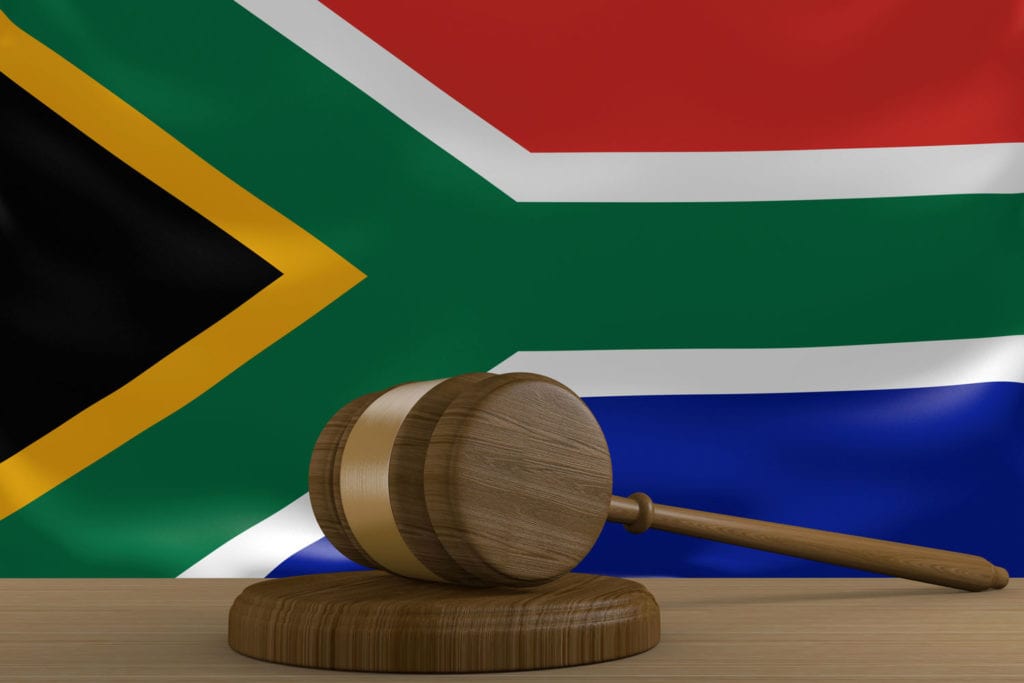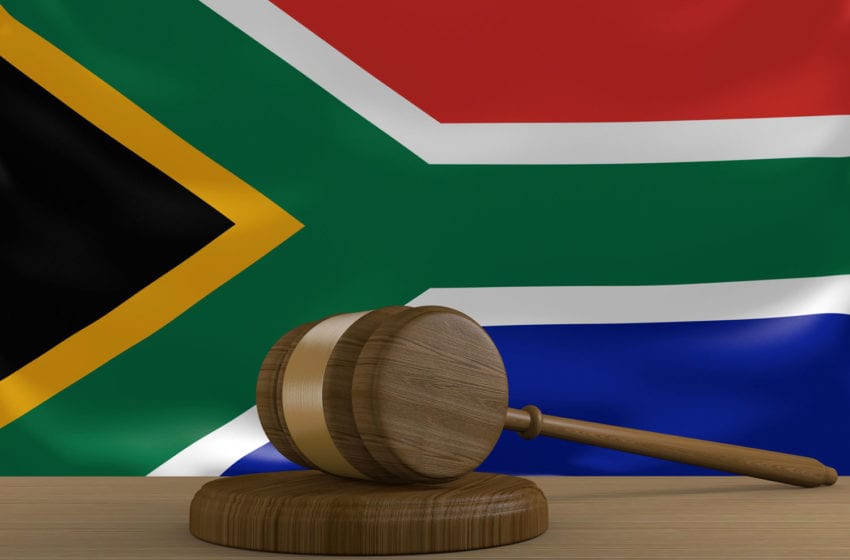
South Africa’s ban on tobacco sales during the country’s hard lockdown earlier this year was unconstitutional, the country’s High Court ruled Dec. 11.
From March to August, the government prohibited sales of tobacco products and alcohol to help stem the spread of the coronavirus. Market leader British American Tobacco South Africa (BATSA) and smaller companies united in the Fair-trade Independent Tobacco Association (FITA) challenged the ban, arguing that a short-term ban on a product whose health risks become evident only in the long run makes no sense.
They also questioned the rationale of the argument around cigarette sharing. Tobacco shortages and high prices of black-market cigarettes would only increase the likelihood of smokers sharing their “stompies,” the tobacco companies said.
The government lifted the ban before the matter had been heard in court, but BATSA decided to proceed with the court action to prevent the ban from being reintroduced at a later stage of the pandemic.
In its ruling Friday, the Western Cape High Court judges who presided over the case said Regulation 45, which Minister Nkosazana Dlamini-Zuma relied upon for the ban, “cannot and does not withstand constitutional scrutiny.”
In court, the government had argued that the ban was aimed at reducing the occupation of intensive care unit beds by smokers. If people didn’t smoke, they would likely not get Covid-19 in a more severe form, it argued. But BATSA maintained the government had not justified the ban in law or science.
Tobacco companies expressed satisfaction with Friday’s ruling.
“British American Tobacco South Africa has been vindicated in its view that the disastrous ban on tobacco sales was unjustified and unconstitutional after the Western Cape High Court ruled in its favor,” the company wrote in a press release.
“The five-month ban on tobacco and vapor products sales was ill-considered, unlawful and has worsened the illicit trade in cigarettes and vapor products in the country.”
“We note and welcome the judgment of the full bench of the Western Cape High Court, wrote FITA in a statement.
“The court further found Regulation 45 to be neither necessary nor that it furthered the objectives set out in section 27(2) of the Disaster Management Act. This, of course, was one of the arguments advanced by FITA in its challenging of the ban on the sale of cigarettes and tobacco-related products, which the full bench of the North Gauteng High Court erred in finding same to be necessary.”
In the wake of the court ruling, BATSA also renewed its call for South Africa to urgently ratify the World Health Organization Illicit Trade Protocol to eradicate the illegal sale of cigarettes. The company stated that ratifying the protocol is “the only way for the country to claw back tax losses resulting from the explosion in illicit trade that occurred during the ban on tobacco and vapor products.”
In July, BATSA estimated that the ban on legal cigarette sales had cost South Africa ZAR4 billion ($241.7 million) in lost excise tax revenues and 30,000 lost industry jobs.











